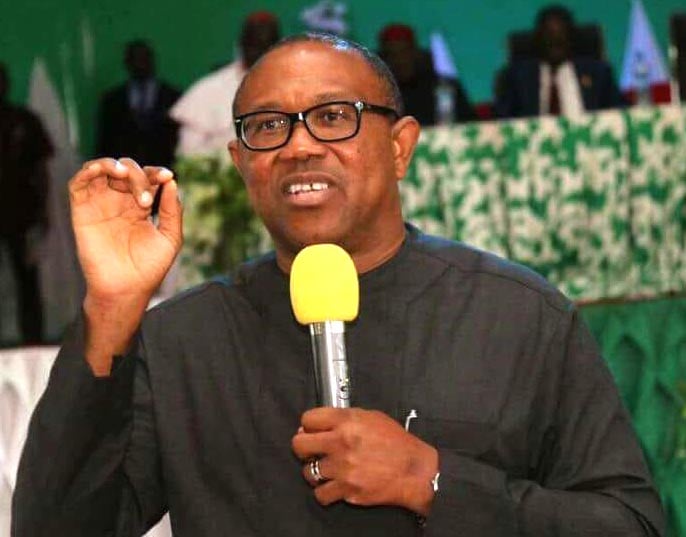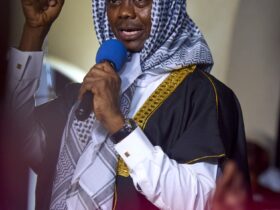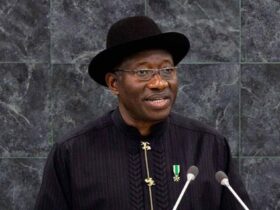
In a scathing critique, Peter Obi, the 2023 Presidential candidate of the Labour Party and major opposition leader, has lambasted Chief Bola Tinubu’s administration over the introduction of a new Cybersecurity Levy in Nigeria.
Obi accuses the government of prioritizing revenue collection over economic recovery and growth, particularly in light of the country’s existing economic challenges.
The Cybersecurity Levy, imposed on banking transactions, has drawn Obi’s ire, as he argues it adds to the burden already faced by Nigerians amidst severe economic distress. he highlights the contradiction between the government’s promise to streamline the tax system and its decision to introduce yet another levy, further burdening citizens.
“This does not only amount to multiple taxation on banking transactions… but negates the Government’s avowed commitment to reduce the number of taxes and streamline the tax system,” Obi declared.
Furthermore, He contends that the levy directly impacts businesses’ trading capital, rather than their profits, exacerbating the strain on their finances amid Naira devaluation and high inflation rates. He emphasizes the impracticality of expecting citizens to solely finance government activities, warning that such policies impoverish the populace and hinder the country’s economic competitiveness.
“At a time when the government should be reducing taxes to curb inflation, the government is instead introducing new taxes,” Obi lamented.
Of particular concern to Obi is the involvement of the National Security Adviser’s office in revenue collection, questioning why a purely national security entity would receive returns from a specific tax as stipulated in the new cybersecurity law.
READ ALSO: AstraZeneca Withdraws COVID Vaccine Months After Admitting Strange Side Effect
“And when did the office of the NSA become a revenue collecting centre? And why should that purely national security office receive returns on a specific tax as stated in the new cybersecurity law?” Obi queried.
Obi’s critique underscores the growing discontent among Nigerians towards the government’s economic policies, particularly regarding taxation and revenue collection. As a prominent opposition figure, his statements are likely to fuel public debate and scrutiny over the Cybersecurity Levy and broader economic management strategies.









Leave a Reply